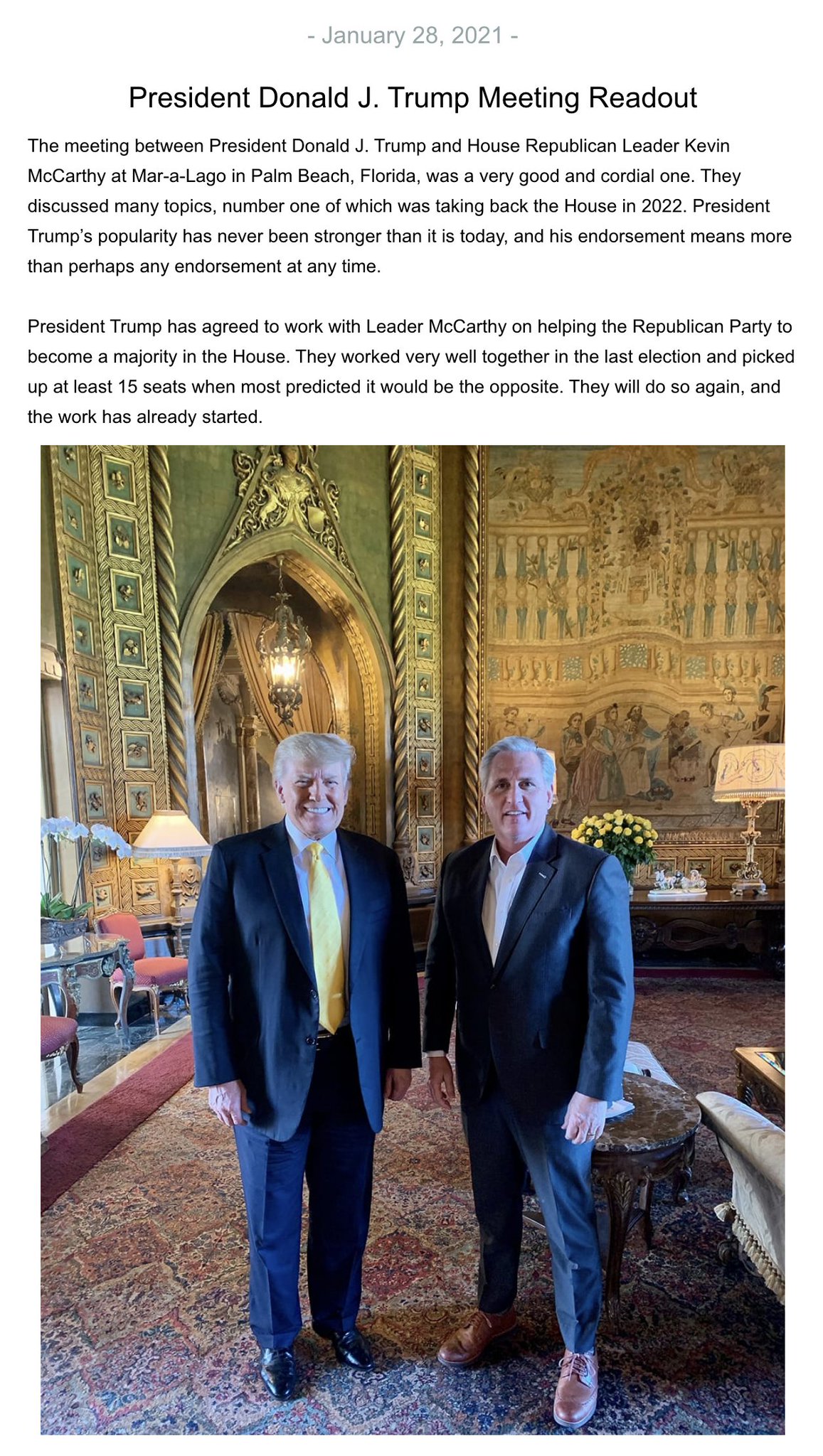I don't have a factual standard for what rises to the level of "stolen," because there is none.
There are facts though. One is that the procedures for elections were changed in several states in violation of elections laws passed by legislators to whom the constitution gives the power to decide how elections are run:
Each State shall appoint, in such Manner as the Legislature thereof may direct, a Number of Electors, equal to the whole Number of Senators and Representatives to which the State may be entitled in the Congress: but no Senator or Representative, or Person holding an Office of Trust or Profit under the United States, shall be appointed an Elector.
There is nothing there about county executives changing the rules passed by lawmakers, nor about judges making "emergency" decisions that election laws can't be followed, so we won't. But the fact is that those rules were changed.
My opinion is that the changes made cheating easier, and that much more cheating than usual happened.
Another fact is that the state legislatures, well aware of all the suspected cheating and well aware that their laws had been violated by election procedure changes, certified the results anyway. They had the consitutional power to do so, and they had the power to choose not to certify their results. They chose to certify.
It is my opinion that the election was not "stolen," but that it was not an authentic expression of the will of the voters either. Others look at those same facts and have the opinion that it was "stolen."
Calling opinion a lie, is incorrect.


